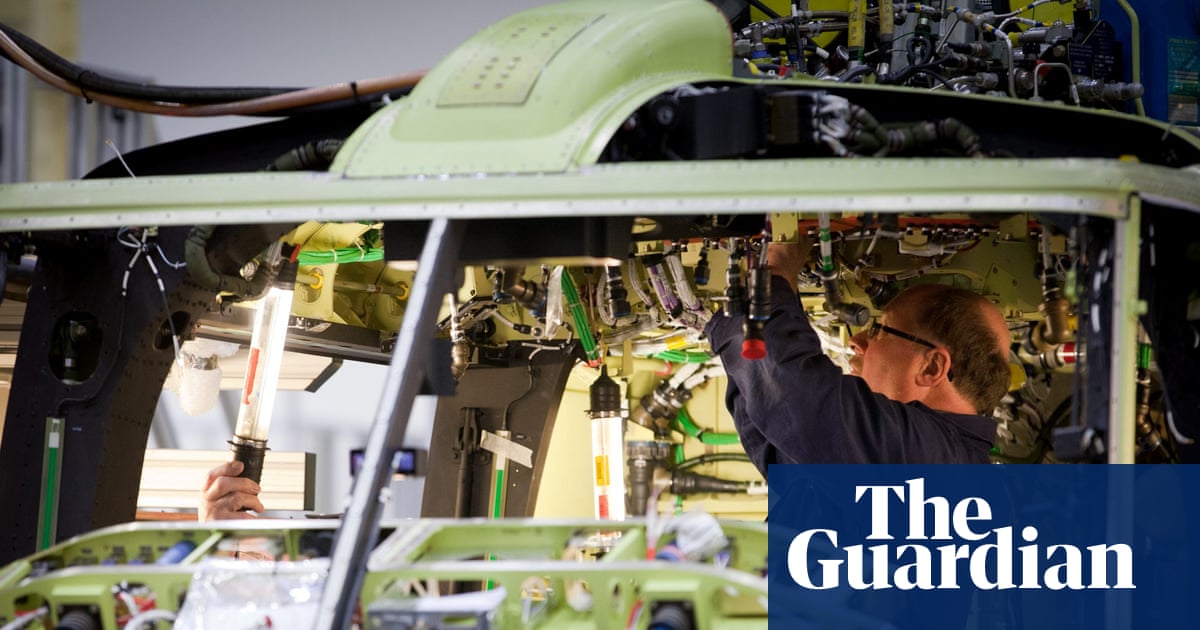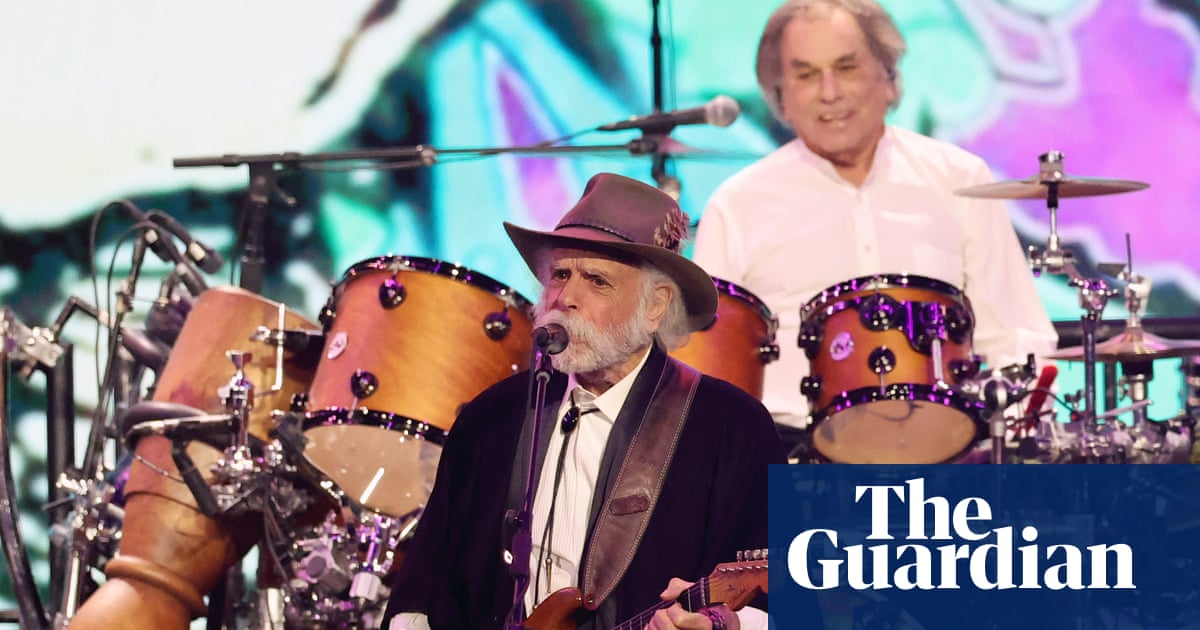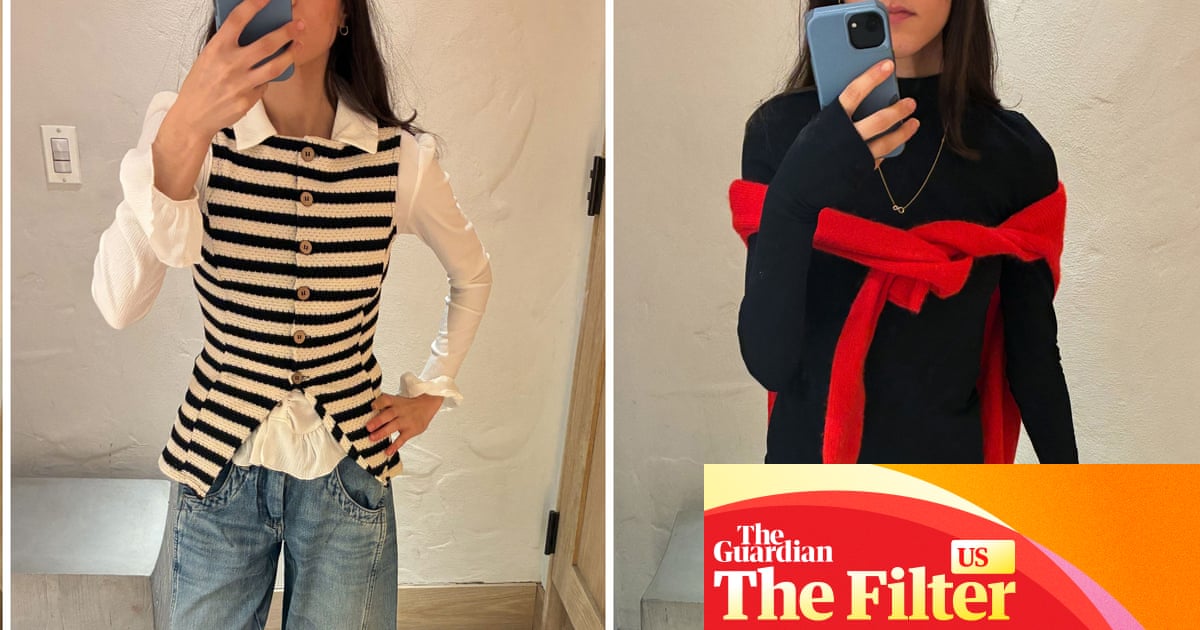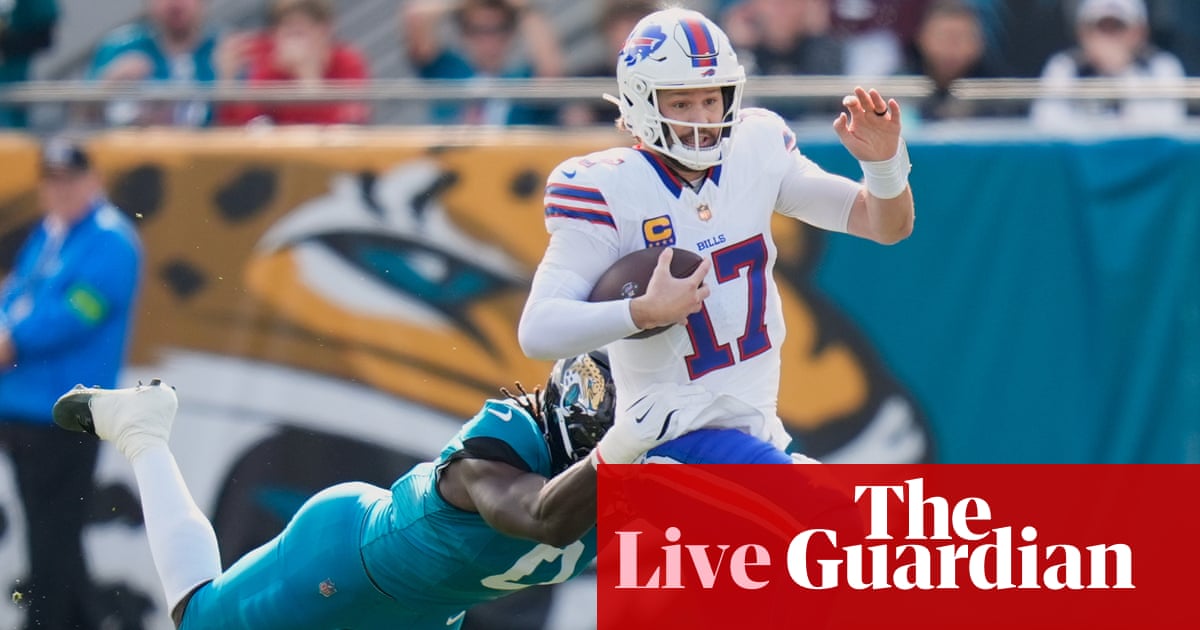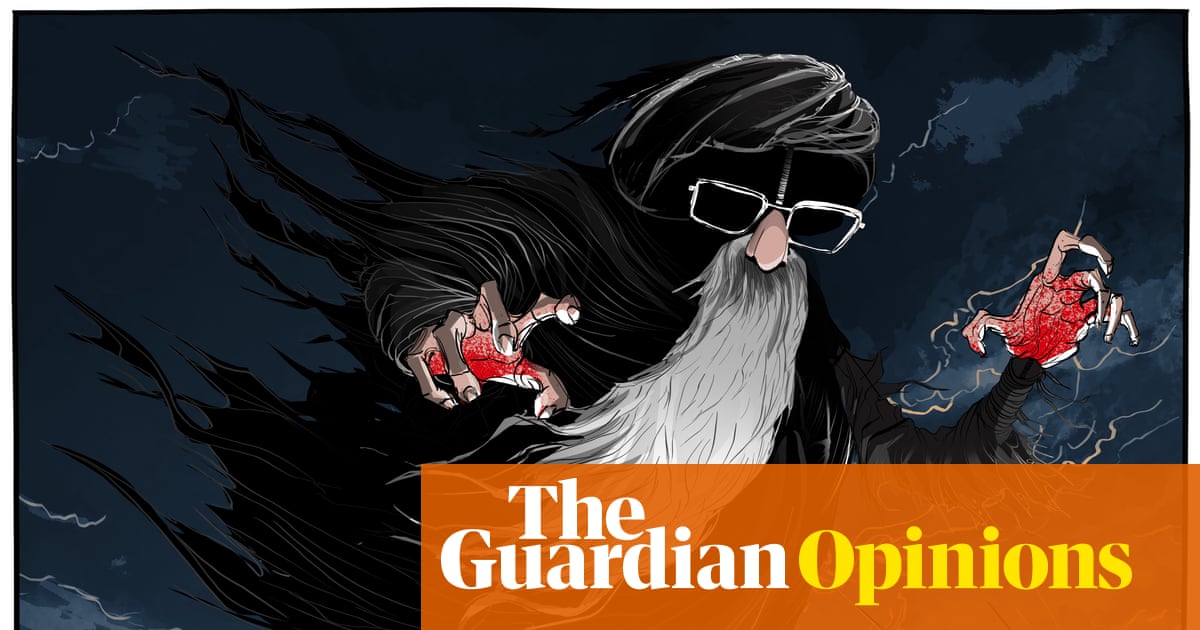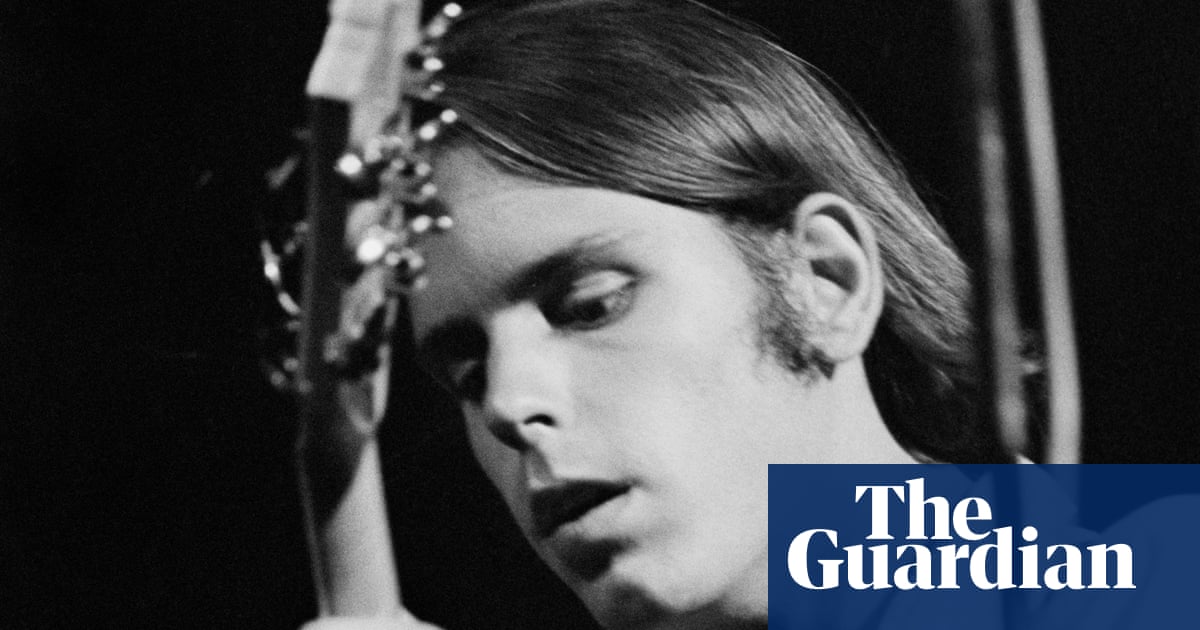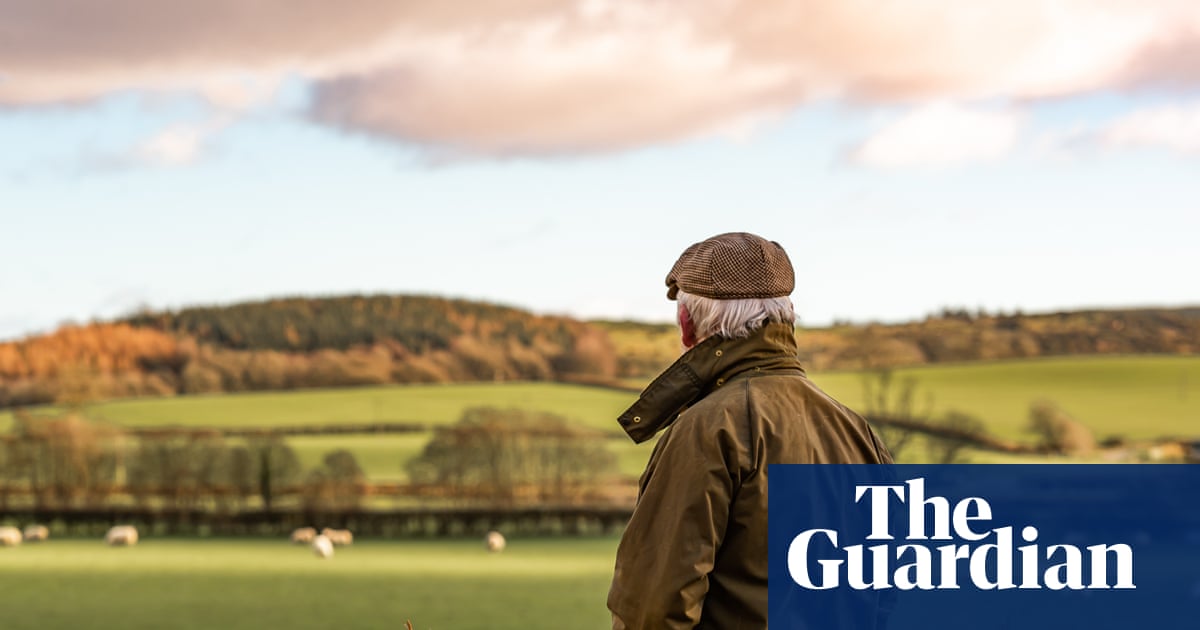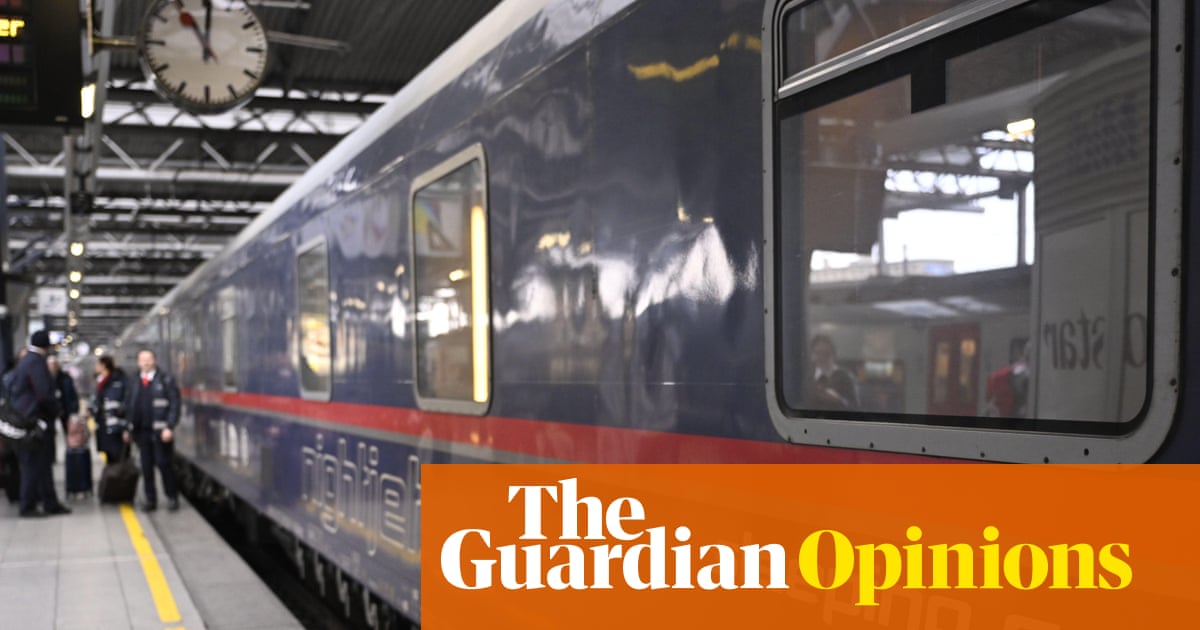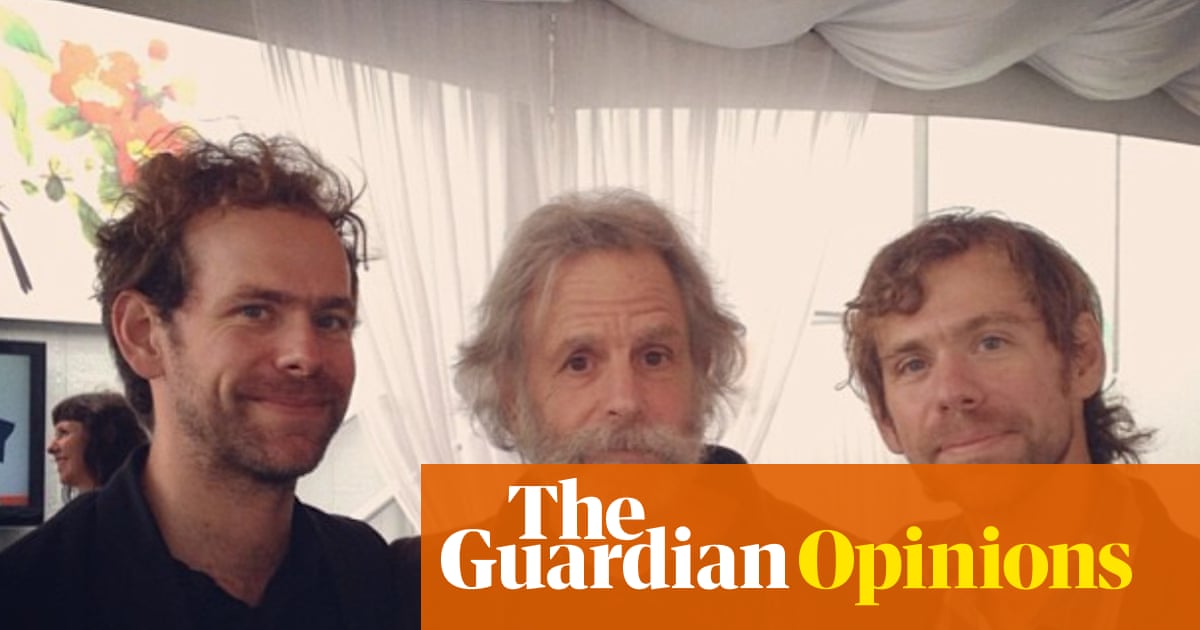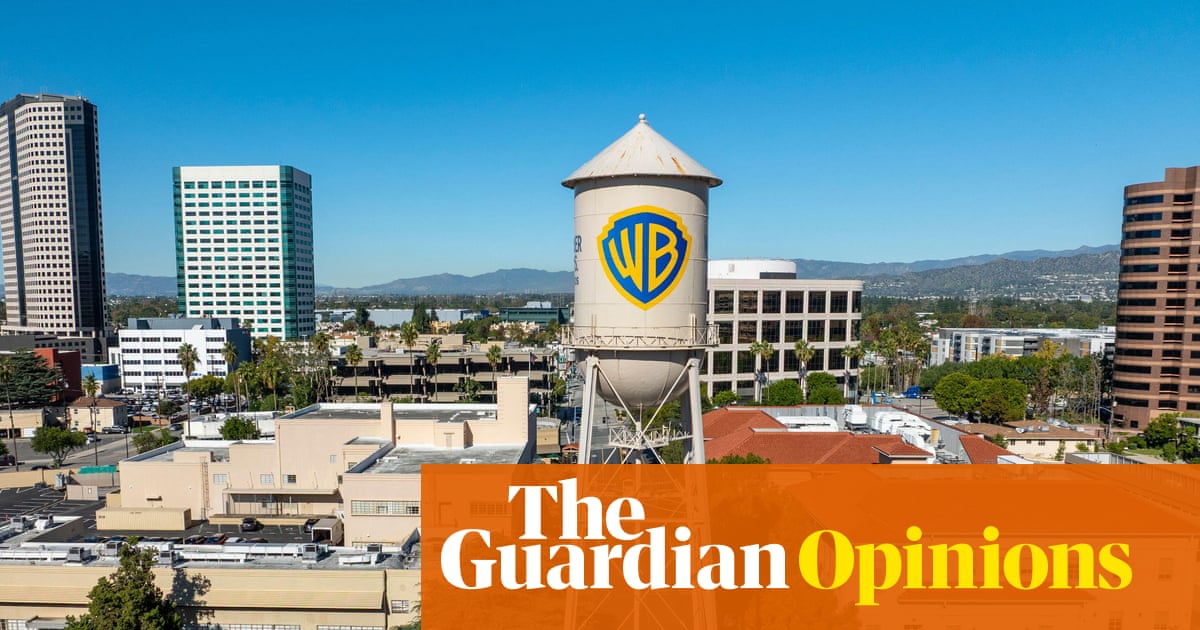You can’t miss the King Street Social Club.
Its exterior is made up of hundreds of coloured tiles and a no-nonsense red sign that make it stand out on the North Shields street it occupies. Inside the club, which is at the centre of the former fishing community around Newcastle upon Tyne, something else is brewing.
When the Guardian visits, members are playing lunchtime games of pool in the downstairs bar as usual. But upstairs there are still signs of the latest party as huge sound system speakers butt up against the bingo caller’s equipment.
This working men’s club has become an unlikely clubbing mecca. Local promoter and artist Man Power (real name Geoff Kirkwood) has brought some of the world’s best DJs and dance music acts to King Street: Caribou, Daniel Avery, Luke Una, Roman Flügel, Prosumer, Optimo and Gerd Janson have all played on the club’s stage and sung its praises.
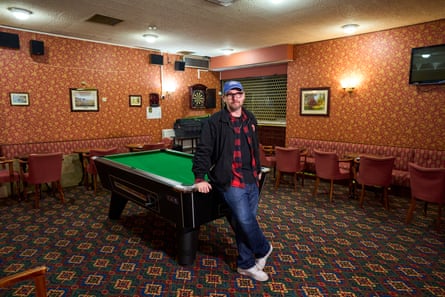
“For the first two years, we lost money,” admits Kirkwood, who grew up in Wallsend. “But we could feel that there was something special happening.”
He wasn’t the only person to see potential: Sam Fender had an album launch here and has a studio just down the street. But, after the Man Power parties, others started to get in touch. Apparently, Fred Again asked for a slot and was turned down.
Kirkwood, who spent time in Berlin and Mexico before moving home, has been putting on events here since 2022. The DJ doesn’t just rent the space; he owns a stake in King Street. His company, Are You Affiliated (AFA), has essentially sublet the concert hall space for the next decade. The club, which has about 1,000 members, functions as usual (bingo nights, psychic acts, club turns) but on the occasional evening the upstairs space is transformed into a night club. Bar takings are up and events are selling out.
It’s not just the King Street Social Club that Kirkwood has transformed either. Over the August bank holiday, AFA turned the Beacon Centre car park – a standard multi-storey in the town centre – into an ad hoc rave venue.
The King Street model doesn’t just stand out because of the colourful tiles or the intriguing mix of new and old-school clubbing; it’s a success story in an era when clubbing is often depicted as needing life support.
Covid was a terrible time for British clubs, with about a third closing for good, which is part of a wider pattern. In 2013, the UK had 1,700 nightclubs; 11 years later there were just 787. In August, the Night Time Industries Association said the UK faced a future of “night-time deserts”, which followed dire headlines such as “UK clubs will be extinct by 2030” because of the closure rate.
The reason for club closures is often put down to the changing habits of young people, soaring rents and pressure from property developers. But Kirkwood has also seen a shift in dance music towards a model where the dominance of major promoters and clubs makes it harder for others to operate.

“We’ve got into a situation where the model is ‘let’s create these few stars who can command a big audience; create these places that can take the big audience and we swallow it up and take market share’,” he says. “Fuck market share.”
Kirkwood has taken that outspoken approach into meetings with local politicians who he is trying to convince to include clubbing when thinking about culture, and ensure some of the money streaming into the area comes the way of promoters.
The impact of the cultural economy is already obvious in North Shields.
Kirkwood takes me on a tour of the local area. We snake past the Meadow Well estate, site of a notorious riot in the 90s, before heading to Fish Quay, which Kirkwood describes as a “mini Hackney Wick”.
On one street in the area there are two breweries and half a dozen artist studios (one of which is Kirkwood’s). Sam Fender’s studio is close by and there’s a vinyl pressing plant called the Jungle, which is finishing up a batch of records for drum’n’bass artist Nia Archives. “I was their first customer,” says Kirkwood. All the enterprises are connected in some way, with most roads leading back to King Street.
Last weekend at the club, Kirkwood helmed a performance of a symphony he wrote while he was artist in residence at the nearby Glasshouse (formerly the Sage Gateshead). But he’s not getting carried away.
“You’ve got journalists coming down to talk about it, which is fantastic,” he says. “But it doesn’t change the fact that, like, at 11.30 on Sunday night I was mopping piss up from the flooded toilets. It’s good to have that kind of levelling factor.”

 3 months ago
103
3 months ago
103



